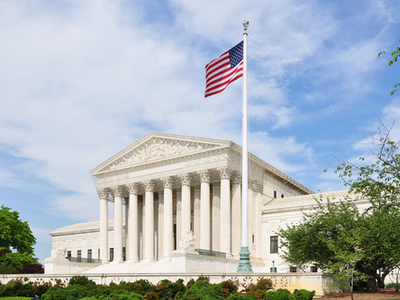The Senate is gearing up to consider President Trump’s nomination of Judge Brett Kavanaugh as an Associate Justice of the Supreme Court to replace Justice Kennedy. While employment law is not likely to be the center of his confirmation hearings, many employers will be watching to see how Judge Kavanaugh’s appointment may impact employment cases that come before the Supreme Court. A review of Judge Kavanaugh’s employment law decisions during his time on the U.S. Court of Appeals for the D.C. Circuit suggests that although he sometimes sides with employees, he would be an employer-friendly addition to the Supreme Court.
Brett Kavanaugh’s Supreme Court Job Interview: An Employer’s Perspective






